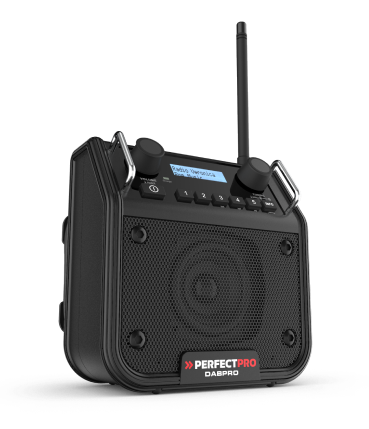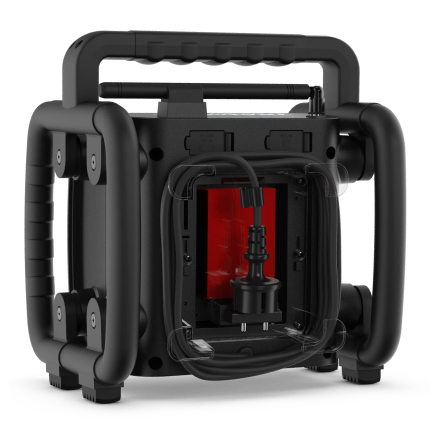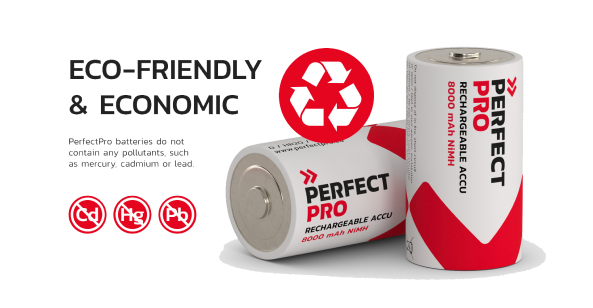POWERed BY BOSCH
The BOSCH Professional 18V battery system


With just one shared 18V battery system, you can flexibly switch between professional tools and brands.

With just one shared 18V battery system, you can flexibly switch between professional tools and brands.

With just one shared 18V battery system, you can flexibly switch between professional tools and brands.
Compatible Bosch batteries for all products in the alliance


The 18V POWER FOR ALL battery is available in different sizes and capacities. Find the right variant for your application.
No matter which device you choose, the corresponding battery always fits all 18V devices within the POWER FOR ALL ALLIANCE. Simply plug the POWER FOR ALL battery into a device of your choice and you can start using it straight away. This saves unnecessary batteries and chargers – and not only space, but also money with every subsequent purchase, and it protects the environment


Long-lasting performance with the 1.5 – 6.0 Ah batteries in the home and garden with all 18V POWER FOR ALL ALLIANCE devices.

60% more power and running time compared to a conventional POWER FOR ALL battery with 2.5 Ah
Extreme performance, storm tight, compact

The construction site radios, which have a lot of power or have to be very small, are equipped with lithium batteries.
Lithium has a high current density. This is why lithium batteries are particularly suitable for models that require extreme performance or need to be very compact.

Universal, high-quality NiMH batteries


The universal, high-quality NiMH batteries were developed specifically for PerfectPro. They are more powerful than standard consumer batteries and yet can be universally interchanged with other electrical devices. They also have a long service life
The chargers of the PerfectPro construction site radios and the rechargeable NiMH batteries from PerfectPro are coordinated with each other. Therefore, the use of rechargeable NiMH batteries from PerfectPro is recommended.